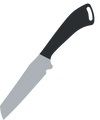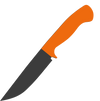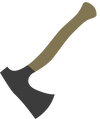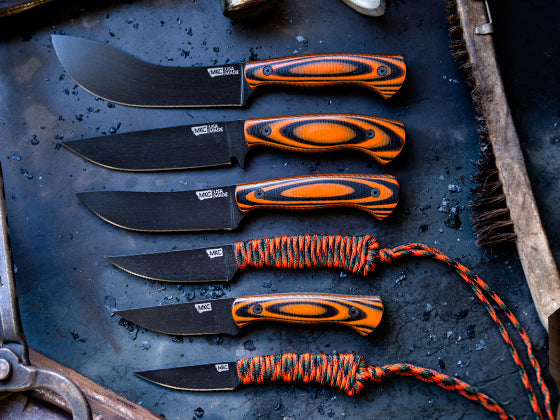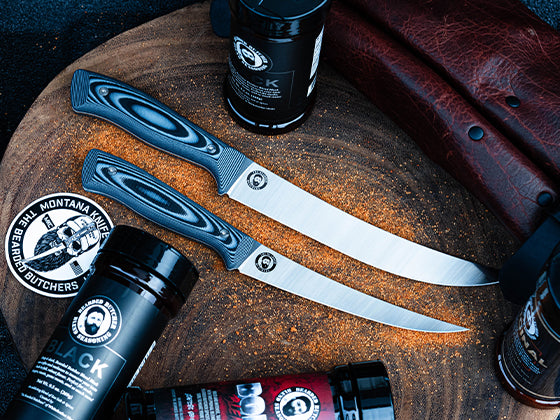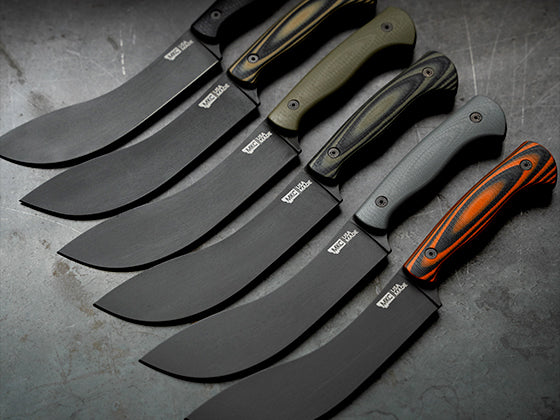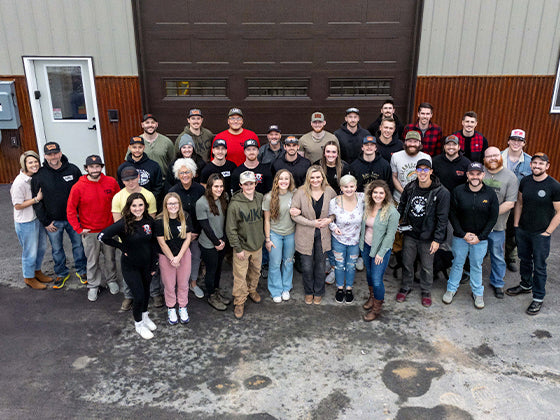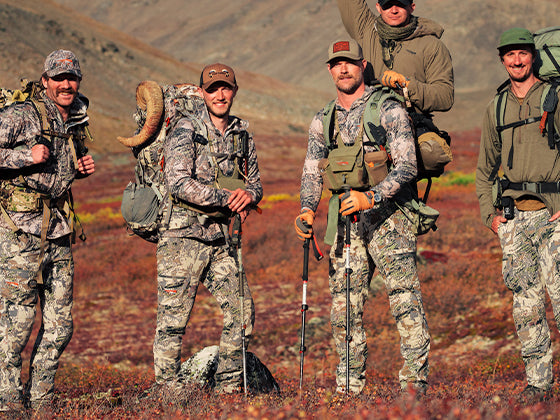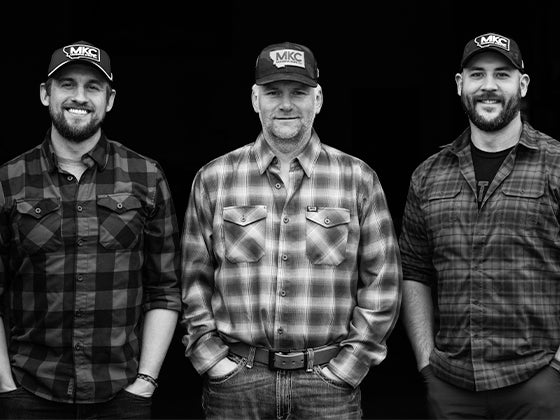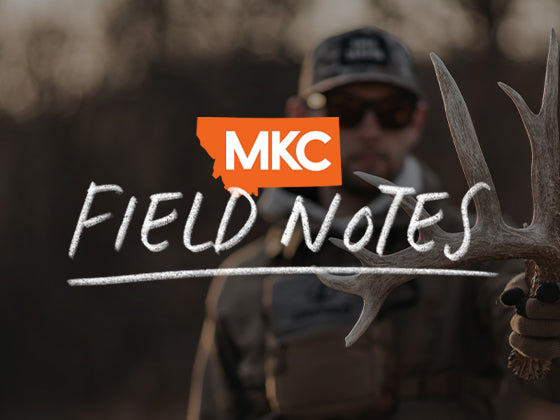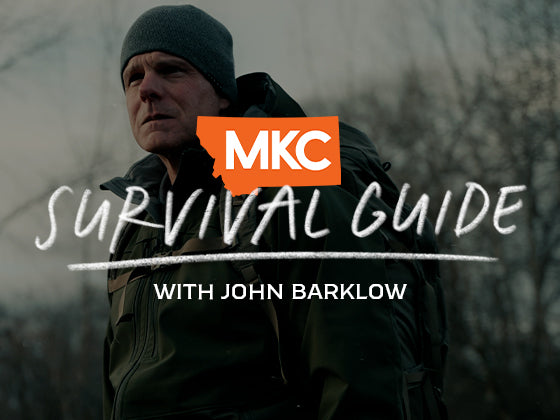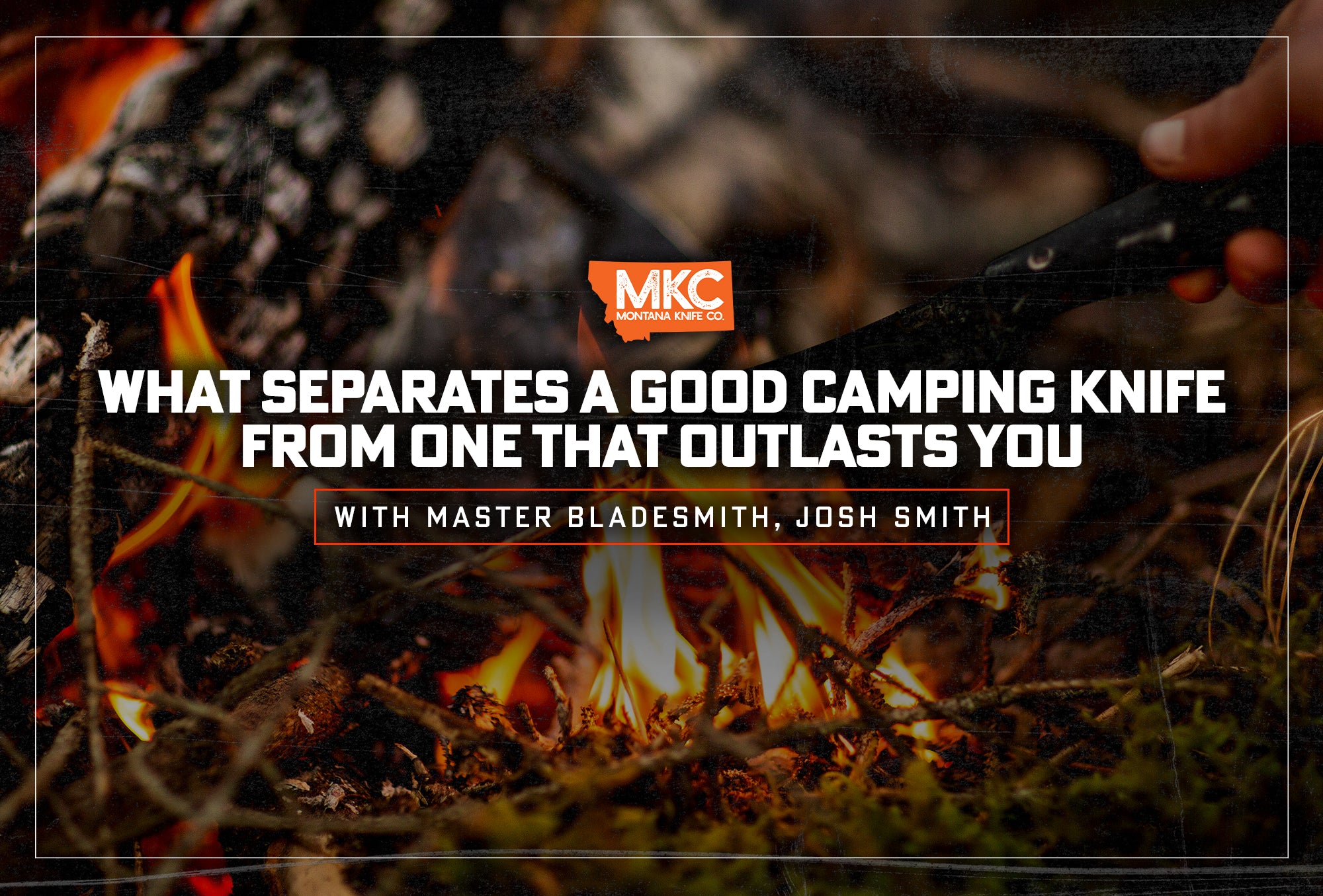Sometimes, no matter how much you prepare, a hunt goes sideways.
I’ve never had a hunt escalate to SOS levels of bad, but thinking back, almost all my hunts have deviated from my original plan in one way or another.
Such was the case with a recent elk hunting trip to Colorado.

Lessons Learned on the Colorado Trail
When I heard my first bugle in the Colorado woods, it hooked me. I had to take every opportunity to go back, even by myself.
My family and friends couldn’t join me on my most recent elk hunting trip, so I went alone. Because I didn’t have anyone to hold me accountable, I made some poor decisions.
As it was getting dark, I took a shortcut back to camp by cutting straight down a hill. I didn’t know the area well, though, and ended up hitting a steep section with tons of blowdowns. I had to climb over logs, dropping my bow and even falling a few times.
I decided to push through the sweat and get back on the trail, knowing I’d learn a valuable lesson.
Eventually, I made it out, navigating a steep downhill and a creek at the bottom, then a steep climb back to the trail that I hadn’t seen from the top. I finally made it back to camp, drenched in sweat and exhausted. I haven’t taken any shortcuts since.
A few days later, I was sharing dinner with a group of hunters from Ohio, and they couldn’t believe my story. They’d been hiking that area for years and were shocked I’d tried to cut through such dangerous terrain. In hindsight, so was I.
Every seasoned outdoorsman knows hunting isn’t always peaches and cream, especially when you try to cut corners like I did. But with each lesson learned the hard way, I become a smarter hunter.

The Mental and Physical Prep Required to Persist
That group of Ohioan hunters asked how I mentally prepare to face challenges like the one I overcame in the field that day.
I don’t do anything special. Overcoming obstacles is second nature because my life and career revolve around tough experiences.
Weight cuts are one example. Losing 10% of my body weight in fluids within 24 hours is not enjoyable, and I wouldn’t recommend it to most people. But I focus on getting through it, no matter how challenging it gets.
My coach, Martin Rooney, meticulously tracks my weight and food intake during fight week. He gets anxious when my numbers fluctuate, but we always achieve our goal, no matter what.
Some weight cuts were a breeze; others were exhausting. I always know it’ll hurt; I always know it won’t be fun. But I have to do it to fight, so I grit my teeth and finish the job instead of throwing a pity party.
Techniques and Tools to Survive a Hunt Gone Wrong
There’s a saying in my industry: sometimes, when you go into a fight, you feel like your feet are cast in concrete. It’s a common feeling among new fighters.
Here’s what I tell them: Let’s pretend you actually are knee-deep in wet concrete. How do you get out?
You don’t just sit there, and you don’t try anything fancy that’ll make you sink deeper. You walk straight through.
I overcome obstacles the same way: by walking straight through. It may make me nervous and uncertain, but my ability to push through has never failed me.
No one wants to be weaker. Strength helps in every situation the field may throw at you. Many hunters focus only on physical fitness, but mental strength is just as important. Honing your strength in practical, real-world situations is a big help, too.
For example, I find training in the “real world” more helpful than hitting the gym. I get my reps in right in my backyard. I train by pulling my gear, working out in the outdoors, or enduring harsh weather while waiting for a big buck.
That kind of strength is a tremendous advantage. You never know what challenges will arise, but being strong and prepared helps you handle them better.
The ability to move your body the way you need to also helps. Imagine your stand falls while you’re up in a tree, and your safety harness saves you from a life-threatening fall. The ability to do pull-ups — to lift your own body weight back up into that tree — can really help you out.
Final Thoughts from Jim Miller
Here’s an adage I enjoy: No one with a weak mind grows physically strong. The two go hand in hand. Mental stamina is a byproduct of strength training.
You don’t become strong, whether mentally or physically, without struggle. Either you choose your struggle, or the struggle finds you later when you can’t endure it.
I’d rather choose my struggle now so that challenges become easier to overcome in the long run.
by Josh Smith, Master Bladesmith and Founder of Montana Knife Company








